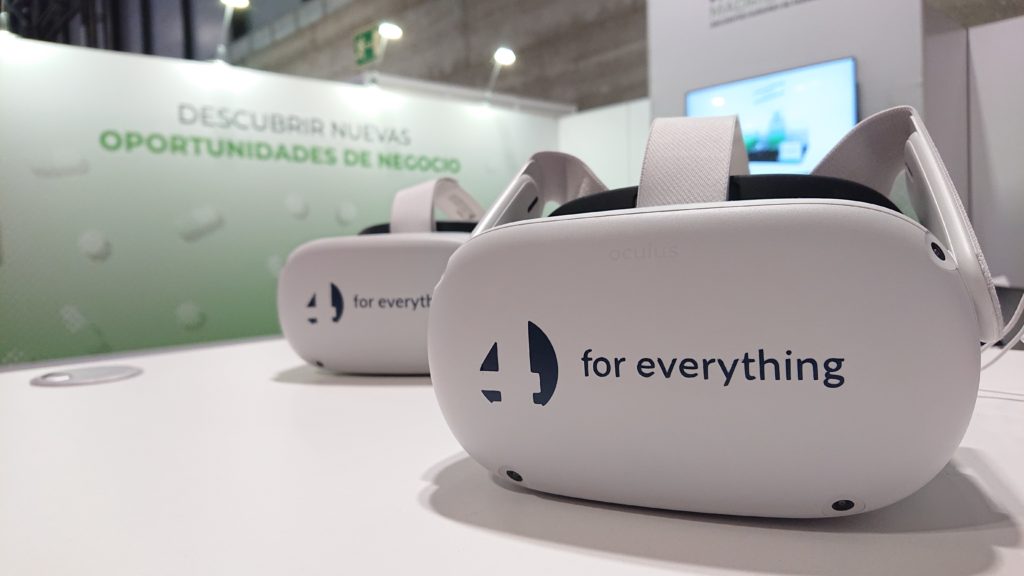Let's be honest, within the vast boundaries of the marketing and communications business, the event industry has never been at the forefront when it comes to new technologies. Maybe it's due to its more complex nature and logistics, quite disconnected from the digital environments where innovations thrive. Yes, let's acknowledge it, while conventional advertising is using tools like deep fake and targeted advertising online seems more than natural to us, the use of new technologies in event organisation is harder to see.
“The external factors of the last two years have given our industry the necessary push for the new technologies to consolidate their positions."
And now, after a bit of self-criticism which is always very productive, let's go through the positive points. And there is quite a number of them. The external factors of the last two years have given our industry the necessary push, so that new technologies consolidate their positions as an essential part of the ultimate checklist for organizing any event. Without further ado, let's look into the trends.
Hybrid events and streaming
Starting with the most obvious. The hybrid event format was born as a response to the 'reinvent yourself or die' need imposed by the global pandemic. But partly it was also a consolidation of an older trend of discovering the convenience of the remote attendance. And as it always happens in such cases, the demand multiplied by free market competition gave us quite plenty of free and paid tools. They are simpler and more intuitive than their predecessors, and serve both for one-way streaming, and for meetings that allow interaction of all the participants.
Virtual and augmented reality
It's true that this technology has lost part of its coolness, as an inevitable consequence of its extreme popularity. However, we are now witnessing how it's becoming a basic tool with infinite possibilities to enhance and dynamize contents of almost any type. From immersive trainings to pure entertainment, from small innovative product demos to wholescale jaw-dropping virtual tours.
Gamification
The generic philosophy of focusing on the customer, in event industry results in the trend of engaging the attendees in the action in a more interactive manner by providing them with tools for real-time feedback. That is why apps like Mentimiter or Kahoot, despite a limited range of features, have seen an extraordinary growth. So, in a situation of a high demand for proper tools, we would recommend keeping a close look on the new launches. Chances are that very soon we’ll see much more interesting and complete product solutions.
Chatbots
They might seem insignificant. However, there are lots of hidden benefits and a very advanced technology behind them. The most interesting thing about these virtual assistants is that they are a win-win solution for both organizers and attendees. Thanks to a smoothly working chatbot, the attendees can resolve any doubt concerning the event 24/7, while the organizers can save the costs of a physical back office, or at least part of them. But there is much more, as what lies underneath is the artificial intelligence and machine learning. These two technologies will most likely become the engine of the next, post-digital revolution, only comparable to the invention of the wheel and the printing press.
"Artificial intelligence and machine learning will most likely become engines of the next, post-digital revolution."
Just to put an example, we already have products like Midjourney, in beta version that can be tested. Its interface is a chatroom with a neuronal network where the user can introduce a concept in form of key word(s) and the AI will reply with a series of original illustrations created by it to represent this concept. It's yet unknown where we are heading, but what’s clear is that we must get ready for many surprises in the nearest future.
Metaverse
A surprising case of a product/tool that is struggling to take off, and the struggle is due to the lack of a clear proposal that makes it hard to see its potential scope and functionality. Time will tell whether metaverse is our future, or on the contrary it will become sort of the ‘slanket’ of the innovation world. But just in case, let’s keep an eye on it.






